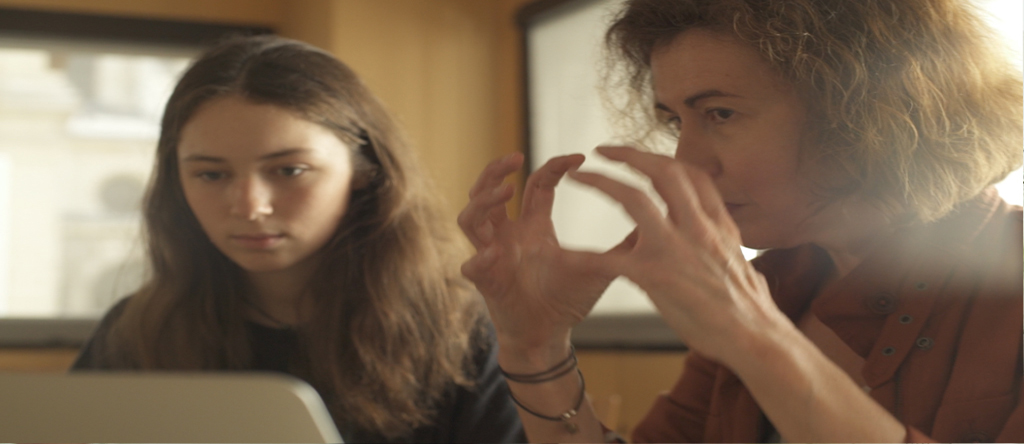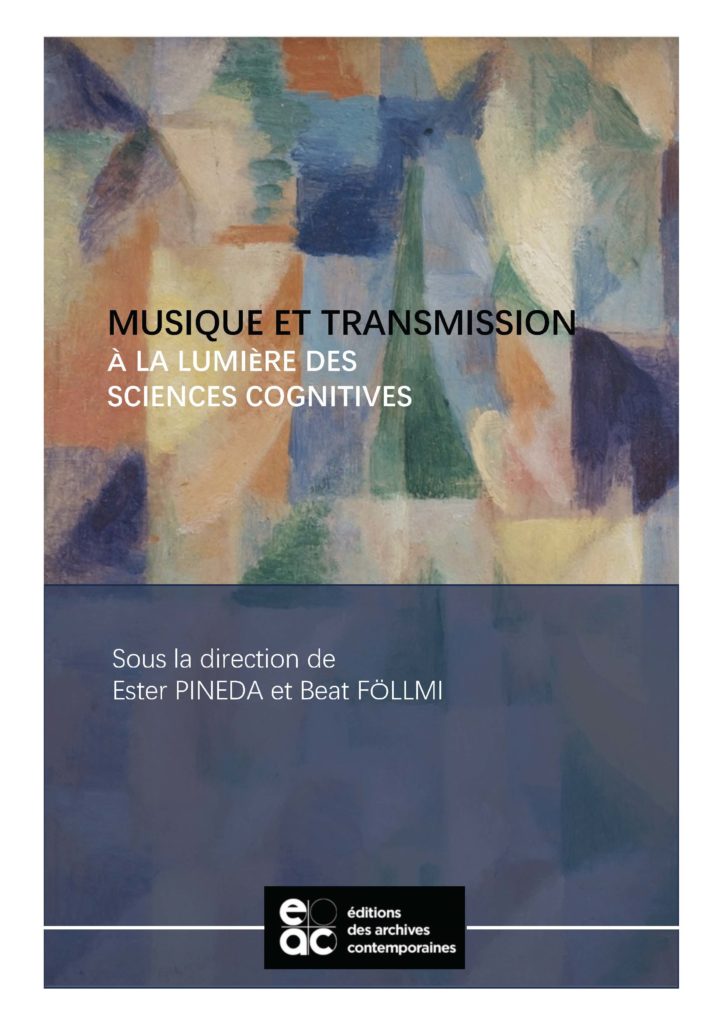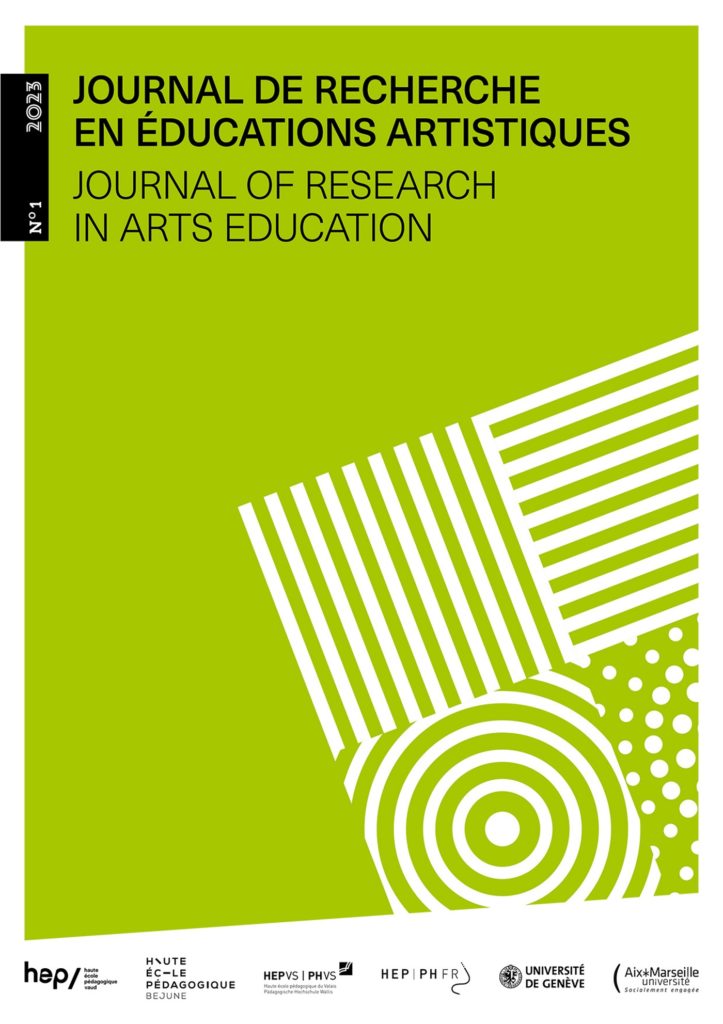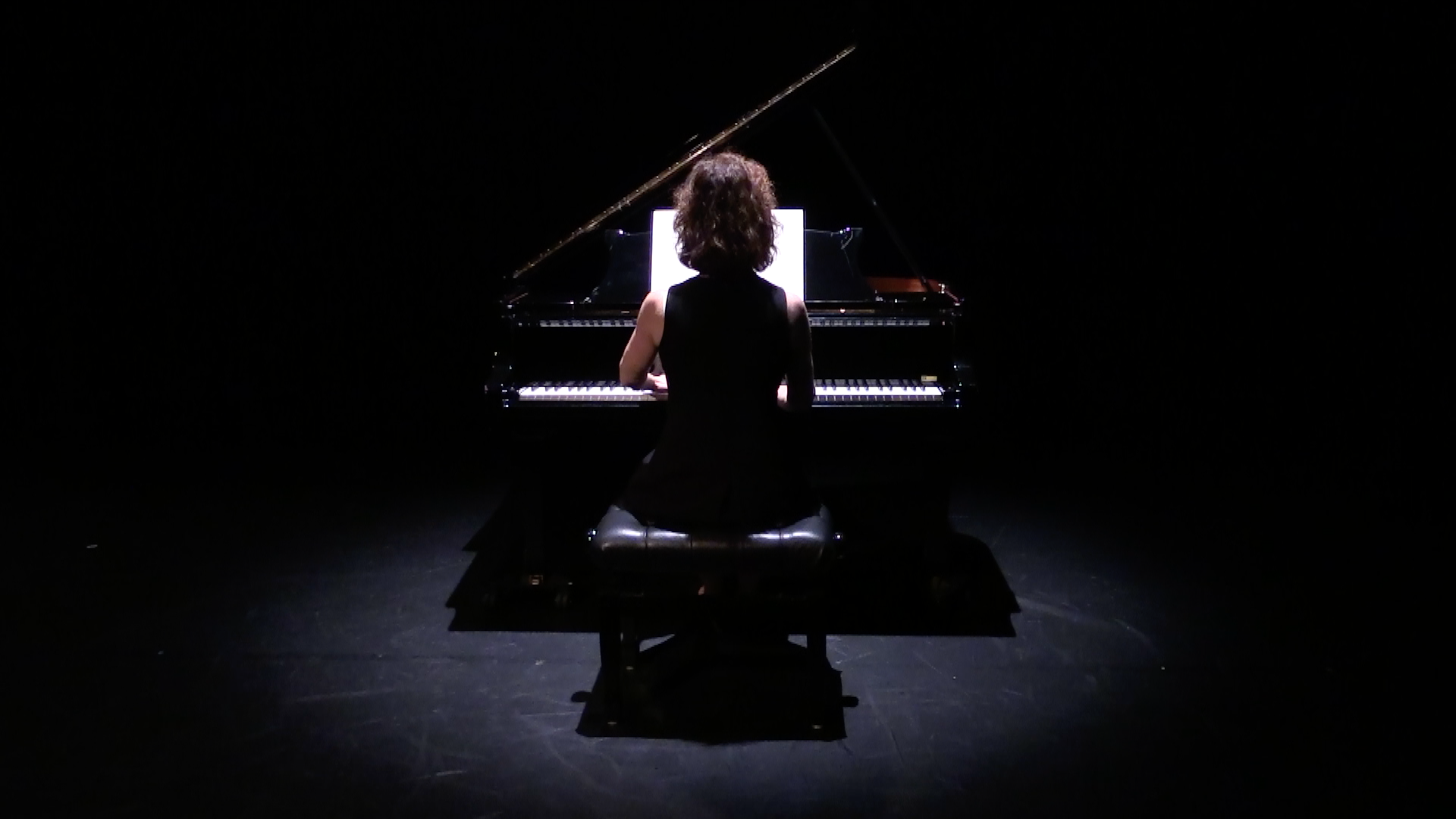
Articulos
PUBLICACIÓN OCTUBRE 2025
Autores / Dir. científica:
Ester PINEDA & Beat FÖLLMI
ISBN 978-2-813-00574-8


BAJO REVISIÓN
Musical narrativity and artistic appropriation: a study on non-tonal Pieces op.12 by Mulsant
Resumen
Varios estudios han abordado los procesos de memoria implicados en las etapas de consolidación y apropiación artística de una interpretación musical. Sin embargo, pocos trabajos han analizado el modo en que la escritura musical determina las estrategias cognitivas utilizadas por el aprendiz desde una perspectiva educativa, en particular el repertorio contemporáneo en el que los jóvenes estudiantes tienen un nivel de aprendizaje implícito generalmente bajo. Este trabajo presenta un estudio exploratorio de los procesos cognitivos implicados en la memorización de piezas no tonales entre 20 pianistas (de 9 a 11 años) matriculados en el Conservatorio Jean-Philippe Rameau de París. Obtenidos mediante un enfoque metodológico mixto, nuestros resultados revelan el uso de soportes extramusicales (analogías, metáforas) para ayudar a la memorización, entre los que se favorece el desarrollo de un marco narrativo.
Keywords: cognición musical; memoria; narratividad; enseñanza musical; música contemporánea



